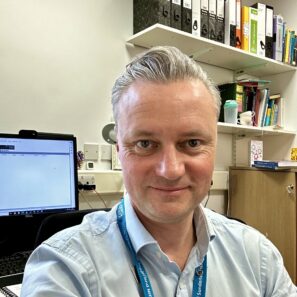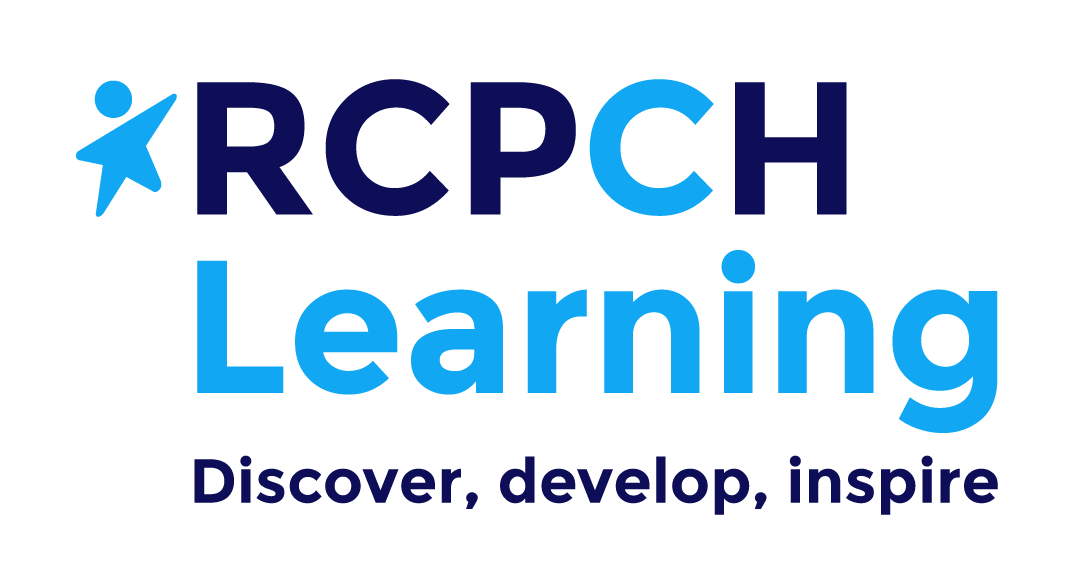Length
90 minutes
Target Audiences
- Paediatricians
- Related Health Care Professionals
Self-paced
Work through the module at your own pace.When you have completed the module, you can return at any time to re-review any of the sections.
Free
Log in with your account
How to use this page
You will find the course content below. This Management of Heterozygous Familial Hypercholesterolaemia in Children and Young People eLearning has three steps:
1) The elearning package – module 1
2) The elearning package – module 2
2) The post-course evaluation form
Once you have completed the eLearning packages, a ‘Mark complete‘ button will be available. Click this button to complete the section.
Next, complete and submit the post-course evaluation form, and click the ‘Mark complete‘ button
Once all steps have been completed, a downloadable certificate of completion will be issued on the page.
If you have any questions, please contact the RCPCH Learning team
Course information
About this course
Based on the prevalence of FH in the general population of 1/250, we estimate that there are likely to be ~56,000 Children and Young People (C&YP) with FH in the UK. Currently we estimate that fewer than 1000 are known and being managed in adult and paediatric centres. The 2019 NHS Long Term Plan set the ambition of finding and treating 25% of the predicted FH patients in the next 5 years. For C&YP this target translates into finding and managing an additional ~13,000 patients. To provide services for this number of individuals, current provision will need to be expanded considerably. The aims of this module are to provide Paediatricians and related Health Care Professionals with information to enable them to identify and manage C&YP with FH.
The core target audience is Paediatricians and related Health Care Professionals. It is expected that this course will take up to 90 minutes to complete.
Learning outcomes:
After Completing these modules, you will have an understanding of :
- The common genetic causes of FH in the UK.
- The NICE guidelines and HEARTUK Statement of Care for C&YP with FH.
- The Dietary and Lifestyle management of C&YP with FH.
- The available (and future) Lipid-lowering medications for C&YP with FH, covering when to initiate, and LDL-C targets.
- The UK Paediatric FH Register.
- Childhood Universal Screening for FH,
- The important elements for a joined up service for C&YP (including transitional arrangement to the adult services).
- Note this module does not cover the management of Homozygous FH which requires specialist centres.

Professor Steve Humphries
BHF UCL Emeritus Professor of Cardiovascular Genetics
Steve Humphries is a world-renowned expert in cardiovascular genetics with a focus on Familial Hypercholesterolaemia (FH). He worked at University College London from 1991, where he was the British Heart Foundation Professor of Cardiovascular Genetics, retiring in September 2015 and is the BHF UCL Emeritus Professor of Cardiovascular Genetics. He directed a major research programme to develop and implement molecular strategies to study the genetic causes and clinical and psychological consequences of FH. He was the Lead Advisor to the UK NICE guidelines on FH published in 2008, and updated in 2017, and has published on the health economics of cascade testing and Universal Screening for FH. He is is a member of the Cholesterol and FH expert Advisory Group and is the Director of the UK FH Paediatric Register and the Simon Broome FH Register. He is actively involved with teaching, ethics, and public awareness aspects of the implementation of genetic testing for FH.

Dr Uma Ramaswami
Consultant in inherited metabolic disorders, clinical lead, lysosomal storage disorders, associate professor, genetics and genomic medicine, UCL
Dr Uma Ramaswami is a consultant in inherited metabolic disorders, clinical lead for the lysosomal disorders unit at the Royal Free Hospital and honorary associate professor at genetics and genomics medicine, University College London. She leads the Royal Free Hospital lysosomal disorders transition service from paediatrics to adults. Uma has twenty years of experience in managing children and young adults with inherited metabolic disorders, including lysosomal storage disorders, such as mucopolysaccharidoses, Fabry disease, Gaucher disease, Nieman Pick Diseases, alpha mannosidosis, metachromatic leukodystrophy, mucolipidoses, aspartylglucosaminuria etc. and has a special interest in paediatric familial hypercholesterolaemia.

Dr Neil Hopper
Consultant Paediatrician
Dr Neil Hopper is a Consultant Paediatrician in Sunderland. His areas of interest include paediatric lipid disorders, diabetes and endocrinology. He is a lecturer on the Northumbria University Familial Hypercholesterolaemia Module, runs a sub-regional paediatric lipid service and is the Paediatric Lead for the North East and North Cumbria Lipid Specialist Advisory Group.
Creation and review log
| Creation/review | Date |
|---|---|
| Launch date | May 2025 |
As of 1st September 2016 the Revalidation and CPD team of the Royal College of Paediatrics and Child Health no longer allocates a number CPD credits to courses or events. The removal of credits associated with events allows delegates to record the educational benefit of the activity through written reflection, in contrast to quantifying the significance based on the time duration of the course. This is in accordance with changes made to the CPD Scheme guidelines published in April 2016.
Detailed information and scheme guidance can be found on the RCPCH website
When recording the activity, delegates should focus on the reflection and detail the following:
- What did you learn?
- What effect has/will the learning had/have on your current practice?
- What further learning or action, if any, is needed as a result of the original learning activity?
Should you have any questions regarding the removal of credits, please feel free to contact the CPD team
If you use the RCPCH CPD Diary, you can click here to visit the diary and record your learning: Log your learning on the RCPCH CPD Diary
Found an issue? Please get in touch with us:
Email us at rcpchlearning@rcpch.ac.uk